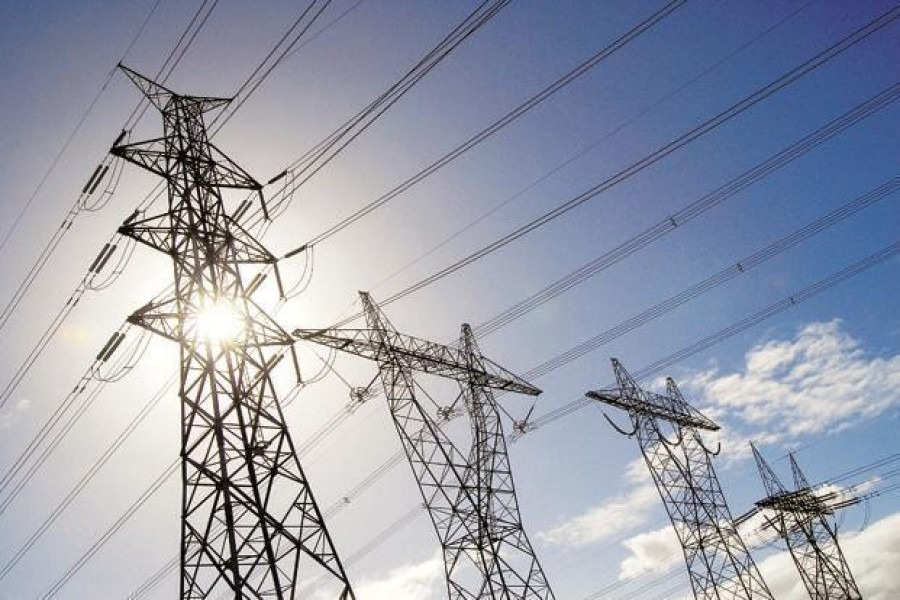
Published :
Updated :

As a temporary answer to the acute supply shortage in the national grid, a number of power plants were set up in the private sector during the previous autocratic regime. But the contracts for those quick rental, rental and independent power plants (IPPs) were arbitrarily awarded to companies favoured by the authorities of that time and not through any competition by way of open biddings. So, to shield such deals from any legal challenge as well as provide impunity to those power companies, the government of the time passed an indemnity law, styled, "The Quick Enhancement of Electricity and Energy Supply (Special Provision) Act 2010". Notably, section 9 of the Act states that no court may question the validity of any actions, decisions or orders made under the law. Section 10 of the Act, on the other hand, provides complete immunity to employees/officers performing their tasks from any criminal or civil criminal proceedings in the court.
Run by expensive fossil fuels like diesel, furnace oil and coal, those private power plants were meant to be replaced within three to five years with less expensive state-owned power plants. But their operation continued though many government-owned power plants were meanwhile built resulting in a 50 per cent overcapacity of all the power generation units so installed. Under the condition of the contracts, the government went on paying capacity charge meaning payments made to the private power companies according to their installed capacities, and not on the basis of how much power they actually produced. Naturally, after the fall of the autocratic government followed by establishment of the current interim administration, energy experts advised the incumbent government to review and even cancel, where necessary, the contracts awarded to the rental power plants. Also, in September last year, the High Court (HC) issued a rule asking why the provision that acquits rental and quick rental power plants from any questioning regarding their establishment and operations should not be declared illegal. However, the HC made allowance for any action already taken in good faith in exercise of the two noted sections of the indemnity law to avoid any legal complexities. Given that all the quick rental and rental power plant contracts under the ousted regime were concealed from the public scrutiny under cover of the indemnity law, it is hard to speculate what legal and financial fallouts of any cancellation of the contracts might be. The financial consequences may involve capacity charges against the rental power plants' renewed contract periods. That is why, it calls for careful scrutiny, especially of the renewed power purchase deals, which can provide important clues to dealing with any shady power contracts made during the past autocracy.
Against this backdrop, to address widespread allegations of inconsistencies/anomalies in those power deals reached with the privately run independent power plants then, the incumbent administration, in line with the HC directive, approved last week a proposal to seek legal assistance and hold deliberations as necessary so the controversial agreements inked earlier with the private power companies could be recast. Since some foreign companies are also involved in these power deals, the proposed review of the contracts cannot the done one-sidedly, the Finance Adviser Dr Salehuddin Ahmed who briefed journalists on the issue, explained. So is the need for legal support.
The government move is likely to not only help relieve the nation of some bad legacies handed down from the past autocracy, but also stop making some oligarchs richer at the expense of the state exchequer. Reportedly, the previous regime extended the rental power plants' tenure of contract three times beyond their recommended efficient operational life, thereby paying them to the tune of Tk330 billion between 2009 and 2023.


 For all latest news, follow The Financial Express Google News channel.
For all latest news, follow The Financial Express Google News channel.